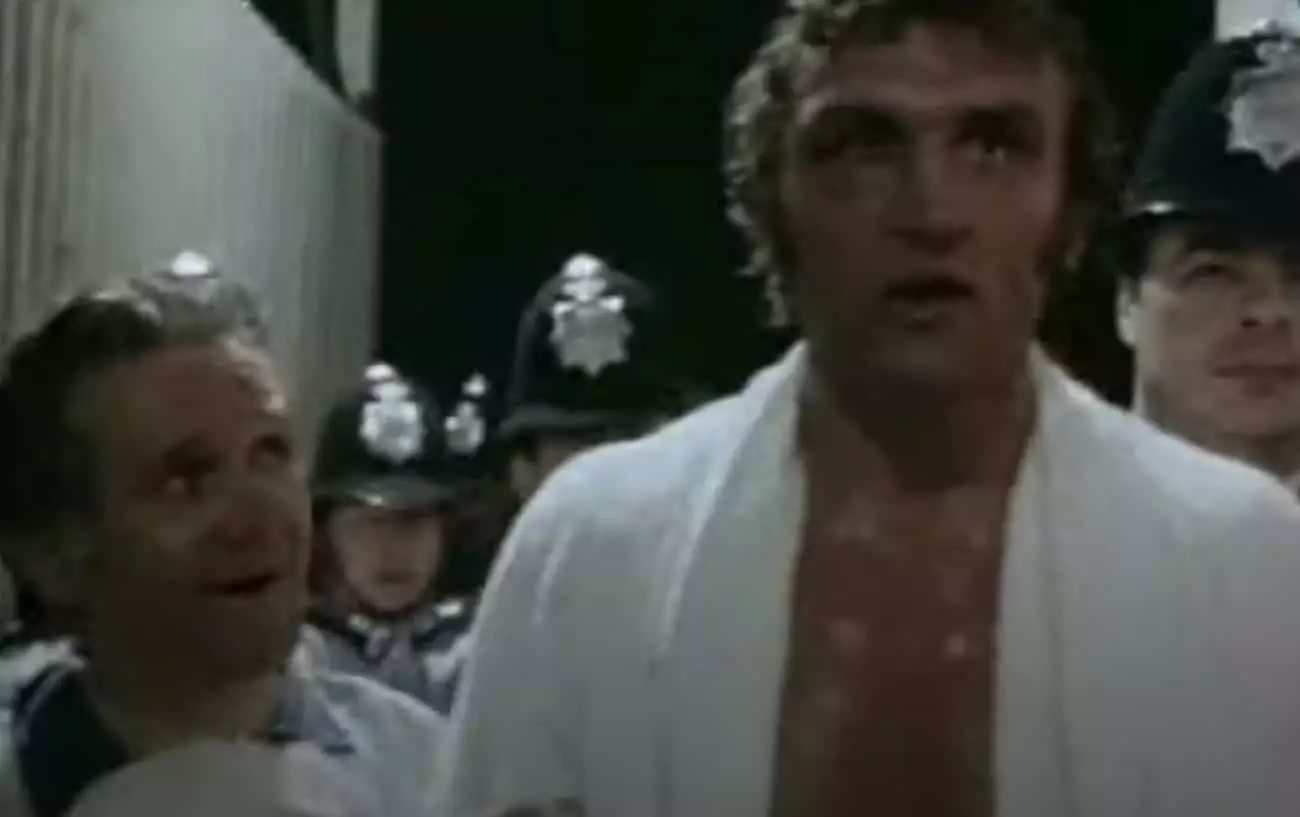Joe Bugner was more than just a heavyweight boxer; he was a testament to resilience, skill, and longevity in a sport notorious for its brutality. Sadly, Bugner’s remarkable talent was often veiled by harsh criticism and misconceptions about his fighting style. Frequently labeled as “too negative” or “uncommitted,” Bugner faced the backlash of a boxing community that expected constant aggression over tactic, finesse, and defensive skill.
Taking a closer look at Bugner’s career reveals a profound fighter whose approach was dictated by strategy rather than an outright willingness to engage in reckless brawls. Such criticisms could easily overshadow the fact that Bugner shared the ring with some of the sport’s greatest legends: Muhammad Ali, Joe Frazier, and Earnie Shavers, to name a few. Yet, it’s essential to remember that Bugner’s greatest strength wasn’t just his impressive 6’4 frame or his chiseled physique; it was his defensive acumen. The ability to evade punches and avoid damage is a skill often overlooked, especially in a world that idolizes knockouts and brawls.
A Fight Against Time
Bugner’s journey is one of both triumph and tragedy. Born in Hungary, he found his way to the UK and later Australia, seeking not just a boxing career but also peace and fulfillment. Unfortunately, beyond the accolades and accolades, Bugner’s life took a turn that many in the boxing community could not have anticipated. Today, he grapples with dementia, a cruel consequence endured by countless fighters. Alzheimer’s and other neurological disorders have haunted many in the sport, erasing their memories and achievements.
It’s heartbreaking to learn that a fighter who once stood toe-to-toe with giants now lives in a world devoid of those cherished memories. The emotional weight of such a reality cannot be overstated. Bugner should be enjoying the fruits of his labor as accolades pour in from a renewed boxing audience, one that appears to have finally recognized his talent. Instead, in his twilight years, he finds himself in a nursing home, grappling with the ashes of a memory that once burned brightly.
The Irony of Criticism
Bugner’s experience highlights the irony of being critiqued for not giving his all. Critics failed to see that Bugner was indeed a warrior, fighting strategically rather than with bravado. His approach was often misjudged; it took great courage to employ a defensive strategy when surrounded by a culture that glorified the idea of a ‘warrior’ type. Today, the very same critics who dismissed him may realize that not every fight needs to end with a bang to be deemed worthy.
Moreover, Bugner’s unwavering persistence to remain in the sport well past what typically would have been considered a graceful exit displays a commendable tenacity. Known for his remarkable ability to absorb blows and still continue fighting, he embodied the paradox of both fragility and strength—qualities that resonate deeply with the human experience itself. However, longevity in boxing often comes at a high cost, something that Bugner is all too aware of now.
His Record Speaks Volumes
Before dementia cloaked Bugner’s achievements in shadows, he amassed an impressive professional record of 69 wins, 13 losses, and 1 draw, with 41 of those victories coming by way of knockout. These figures showcase not only his talent but also his capacity for endurance in the ring. Despite the mixed sentiments surrounding his career, it is impossible to overlook the numbers that tell a compelling story of a fighter who pushed himself against the odds.
In an era where combat sports often celebrate flash over substance, Bugner stands as a reminder of the beauty of restraint, strategy, and intelligence in the ring. He would often need to fight not just the opponent across from him but also the critics who misjudged his commitment. The narrative of his life encapsulates a salient lesson: that strength isn’t solely defined by the ability to deliver devastating blows but also by the resilience to risk and navigate pain, both in the ring and beyond.
Bugner’s legacy, entwined deeply with both admiration and sorrow, invites a reconsideration of what it means to be a champion. Instead of merely focusing on the brutality of the sport, let’s spotlight the nuanced artistry that shaped Joe Bugner’s life: resilience in adversity, wisdom in silence, and strength seen in the calm before the storm.

